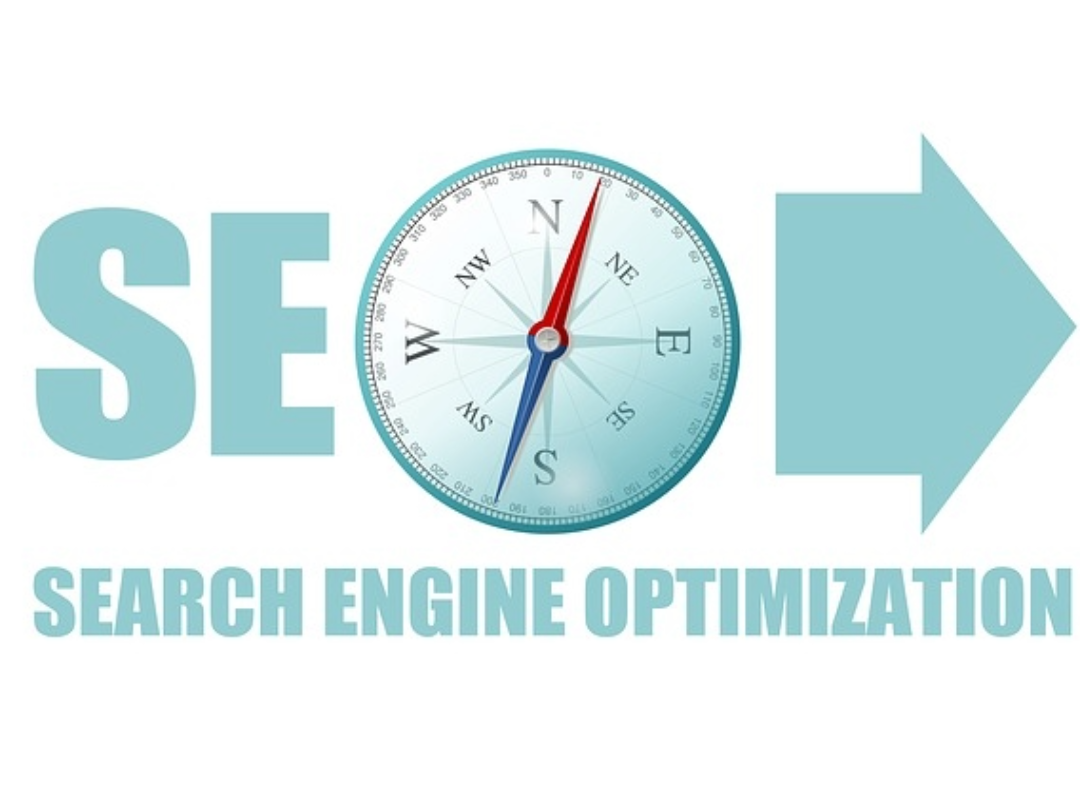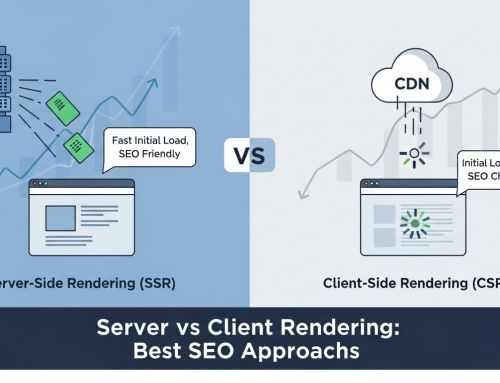Describe SEO Metrics
SEO metrics are quantitative measurements used to assess the performance and effectiveness of a website’s search engine optimization efforts. These metrics provide valuable insights into various aspects of a website’s visibility, ranking, and overall SEO health. Common SEO metrics include organic traffic, keyword rankings, backlink quantity and quality, click-through rates (CTR), conversion rates, bounce rates, and domain authority. By analyzing these metrics, website owners and SEO professionals can gauge the impact of their strategies, identify areas for improvement, and make informed decisions to enhance their website’s search engine performance.
Important Metrics to Track When Assessing SEO Performance
When evaluating SEO success, key metrics to monitor include:
1. Organic Traffic: Measure the amount of traffic coming to your website from organic search results.
2. Keyword Rankings: Track the rankings of your target keywords to assess visibility and performance.
3. Click-Through Rate (CTR): Analyze the percentage of users who click on your website’s link when it appears in search results.
4. Bounce Rate: Monitor the percentage of visitors who leave your site after viewing only one page, indicating engagement levels.
5. Conversion Rate: Measure the rate at which visitors complete a desired goal, such as making a purchase or filling out a form.
6. Backlink Profile: Evaluate the quantity and quality of backlinks pointing to your site, as they impact search engine rankings.
7. Page Load Speed: Assess how quickly your web pages load, as this can influence user experience and search rankings.
8. Mobile Responsiveness: Monitor how well your site performs on mobile devices, considering Google’s mobile-first indexing.
By tracking these metrics, you can gain insights into the effectiveness of your SEO efforts and make data-driven decisions for optimization.
Your Content Goes Here
Tools to Track SEO Metrics
Track metrics such as bounce rate, pages per visit, and organic search traffic with Google Analytics. To keep track of impressions, click-through rate (CTR) from the Google SERP, crawl errors, and the quantity of pages indexed, use Google Search Console. You can monitor new referring domains, domain authority, and keyword rankings with the aid of Ahrefs, Moz, and SEMRush. Fixing technical errors on your website is made possible by ContentKing, DeepCrawl, and Screaming Frog. Pingdom and Google PageSpeed Insights are useful tools for measuring page load speed. For text readability and on-page optimization, use Yoast and Clearscope.
Conclusion
Tracking important metrics is essential for assessing SEO performance. You can improve the performance of your website and obtain important insights into the efficacy of your SEO efforts by monitoring these metrics and making data-driven decisions. Organic traffic, keyword rankings, click-through rates, conversion rates, bounce rates, page load speed, backlinks, social engagement, mobile responsiveness, and user engagement metrics are among the most important metrics to keep an eye on. You can evaluate your website’s exposure, relevancy, and user experience by routinely monitoring these metrics, which will ultimately improve SEO performance and yield better overall outcomes.






